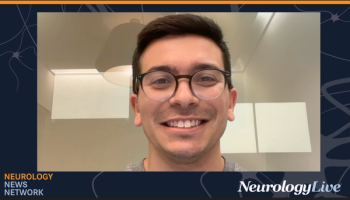
Neurology News Network. for the week ending February 9, 2025. [WATCH TIME: 4 minutes]

Neurology News Network. for the week ending February 9, 2025. [WATCH TIME: 4 minutes]

The movement disorders nurse practitioner at The Ohio State University Wexner Medical Center talked about a meeting that equips nurse practitioners and physician assistants to improve movement disorder patient care. [WATCH TIME: 5 minutes]

The director of the Parkinson’s Disease and Movement Disorders Center of Boca Roaton, Florida, gave clinical insight on the function of a newly approved therapy for Parkinson disease, a common neurodegenerative disorder. [WATCH TIME: 3 minutes]

The group of women neurologists provided commentary on the critical areas of women-focused research in neurology, from clinical trial participation to addressing workforce challenges.

Panelists explore the challenges and opportunities for women in neurology, offering practical advice for young professionals navigating the field.
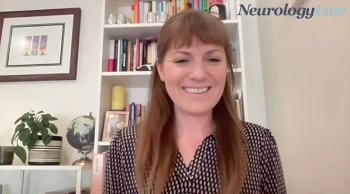
The president and CEO at Project Sleep talked about the foundational role of social connections and peer support in improving quality of life for individuals with narcolepsy. [WATCH TIME: 5 minutes]

The director of the Parkinson’s Disease and Movement Disorders Center of Boca Raton, Florida, discussed SPN-830, the first and only FDA-approved subcutaneous apomorphine infusion device for patients with Parkinson disease. [WATCH TIME: 2 minutes]
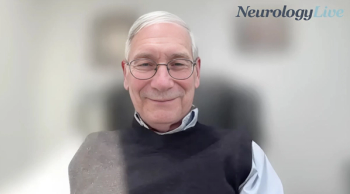
The professor of neurology at the Geisel School of Medicine at Dartmouth shared his reaction to the recent FDA approval of AXS-07, a combination of meloxicam and rizatriptan, as a new therapy for acute migraine management. [WATCH TIME: 4 minutes]

In this episode, women neurologists share their personal experiences navigating challenges in neurology, offering insights into mentorship, work-life balance, and career advancement.
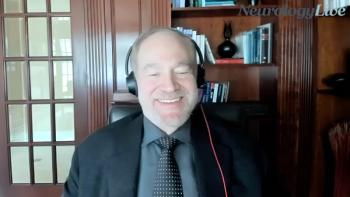
The director of the Montefiore Headache Center at Albert Einstein College of Medicine discussed the recent FDA approval of a new migraine treatment that combines rizatriptan and meloxicam. [WATCH TIME: 5 minutes]

Experts discuss promising investigational therapies for muscle function improvement, including Darymiocell, which shows potential in preserving cardiac health.

A group of empowering women leaders in neurology explore the transformative impact of women neurologists on the medical workforce and the strides toward a more inclusive neurology field.

Explore the complexities and advancements in gene therapy for Duchenne muscular dystrophy, highlighting treatment options and safety considerations.


A group of empowering women leaders in neurology explore the transformative impact of women neurologists on the medical workforce and the strides toward a more inclusive neurology field.
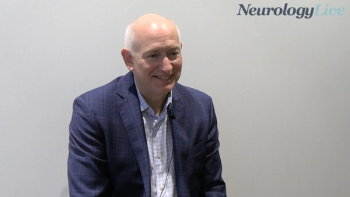
The chair of psychiatry at Tufts University School of Medicine discussed ongoing research exploring the potential of cannabinoids in treating agitation in Alzheimer disease. [WATCH TIME: 5 minutes]
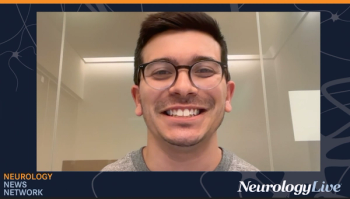
Neurology News Network. for the week ending February 2, 2025. [WATCH TIME: 4 minutes]
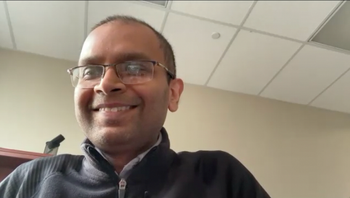
The medical director of the Arkansas Children’s Comprehensive Epilepsy Program detailed advancements and strategies in using neuromodulation for LGS, as well as the future research needed to expand these approaches. [WATCH TIME: 4 minutes]
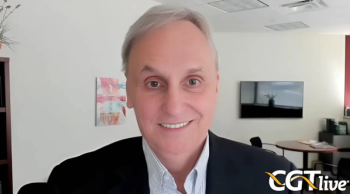
The chief medical advisor at the Muscular Dystrophy Association shared key highlights of what attendees can expect at the 2025 MDA Clinical and Scientific Conference. [WATCH TIME: 4 minutes]

The chief of neuroinfectious diseases and global neurology at Northwestern Medicine talked about a relatively new autoimmune condition, marked by mitochondrial dysfunction. [WATCH TIME: 2 minutes]
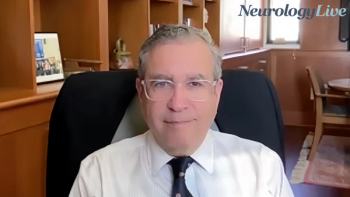
The William S. and Lois Stiles Edgerly Professor of Neurology at Yale School of Medicine talked about refining multiple sclerosis in line with the updated diagnostic criteria. [WATCH TIME: 5 minutes]

Givinostat emerges as a promising oral treatment for muscle disorders, showing improved patient outcomes and broad applicability despite some side effects.

Explore the unique benefits and challenges of Vamorolone, a new steroid for Duchenne muscular dystrophy, compared to traditional treatments.


The medical director of the Arkansas Children’s Comprehensive Epilepsy Program discussed the complications associated with neurostimulation in patients with LGS and strategies to mitigate these issues. [WATCH TIME: 2 minutes]
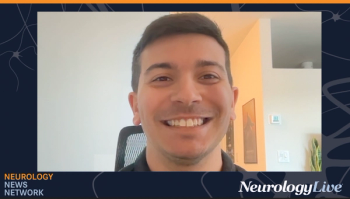
Neurology News Network. for the week ending January 25, 2025. [WATCH TIME: 4 minutes]
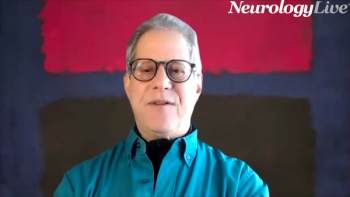
The chief executive officer and cofounder of Amprion discussed the integration process of a novel a-synuclein seed amplification assay used to distinguish seeds from Lewy bodies and glilal cytoplasmic inclusions. [WATCH TIME: 2 minutes]

The medical director of the Arkansas Children’s Comprehensive Epilepsy Program provided commentary on patient selection and personalized treatment approaches when using neuromodulation devices for Lennox-Gastaut syndrome. [WATCH TIME: 3 minutes]
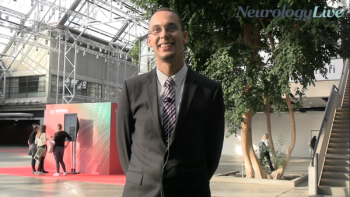
At ECTRIMS 2024, the postdoctoral research assistant at Charité University Berlin discussed how the updated diagnostic criteria aim to address gaps in diagnosing and treating overlapping autoimmune conditions. [WATCH TIME: 4 minutes]
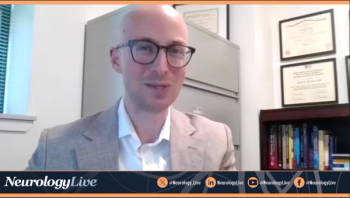
The neurointensivist and assistant professor of neurology at Boston Medical Center provided insight on a 2024 paper that defined consensus entrustable professional activities for neurocritical care advanced practice providers. [WATCH TIME: 5 minutes]